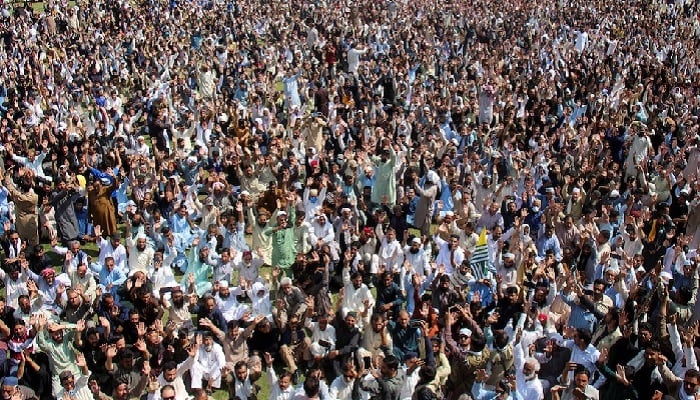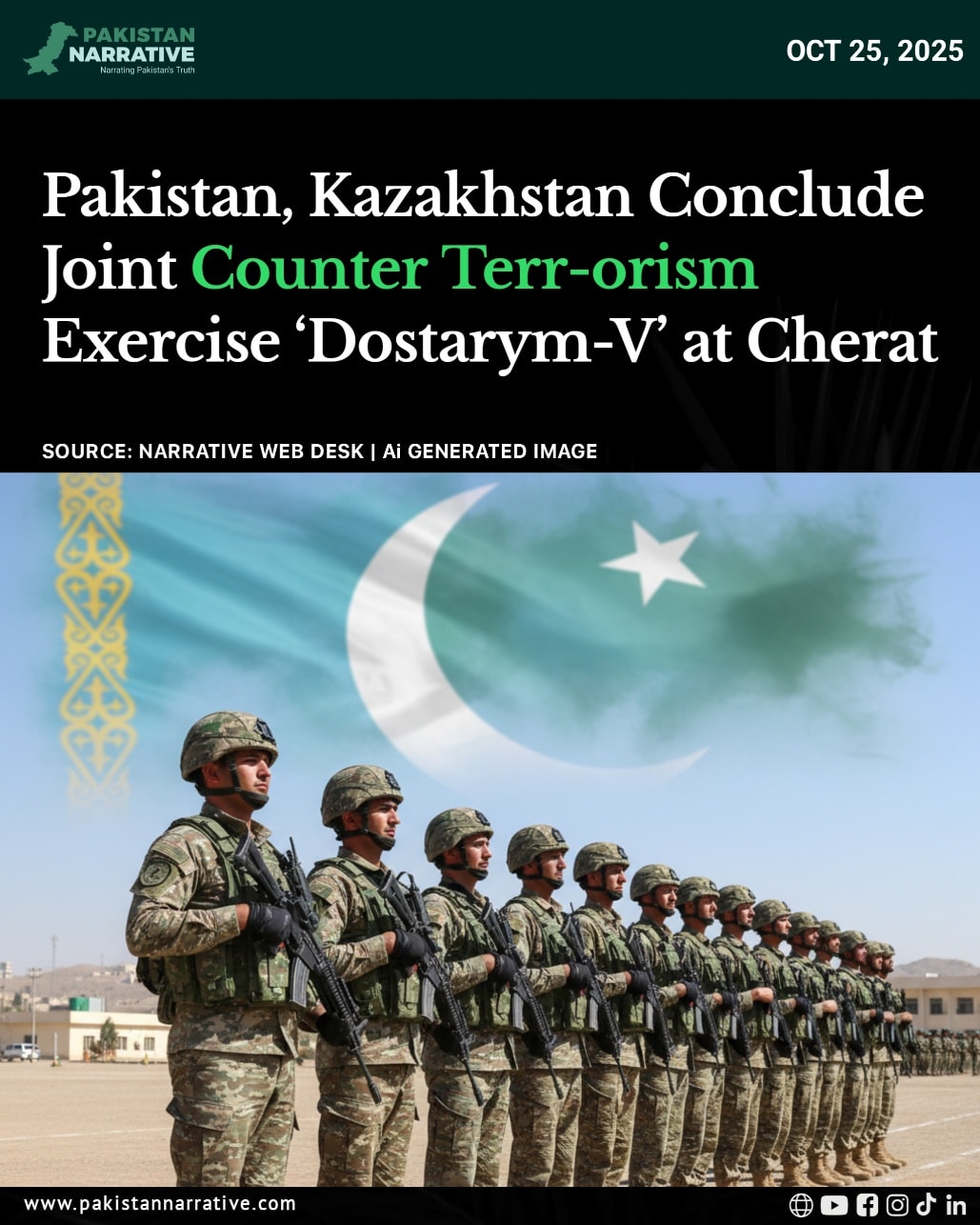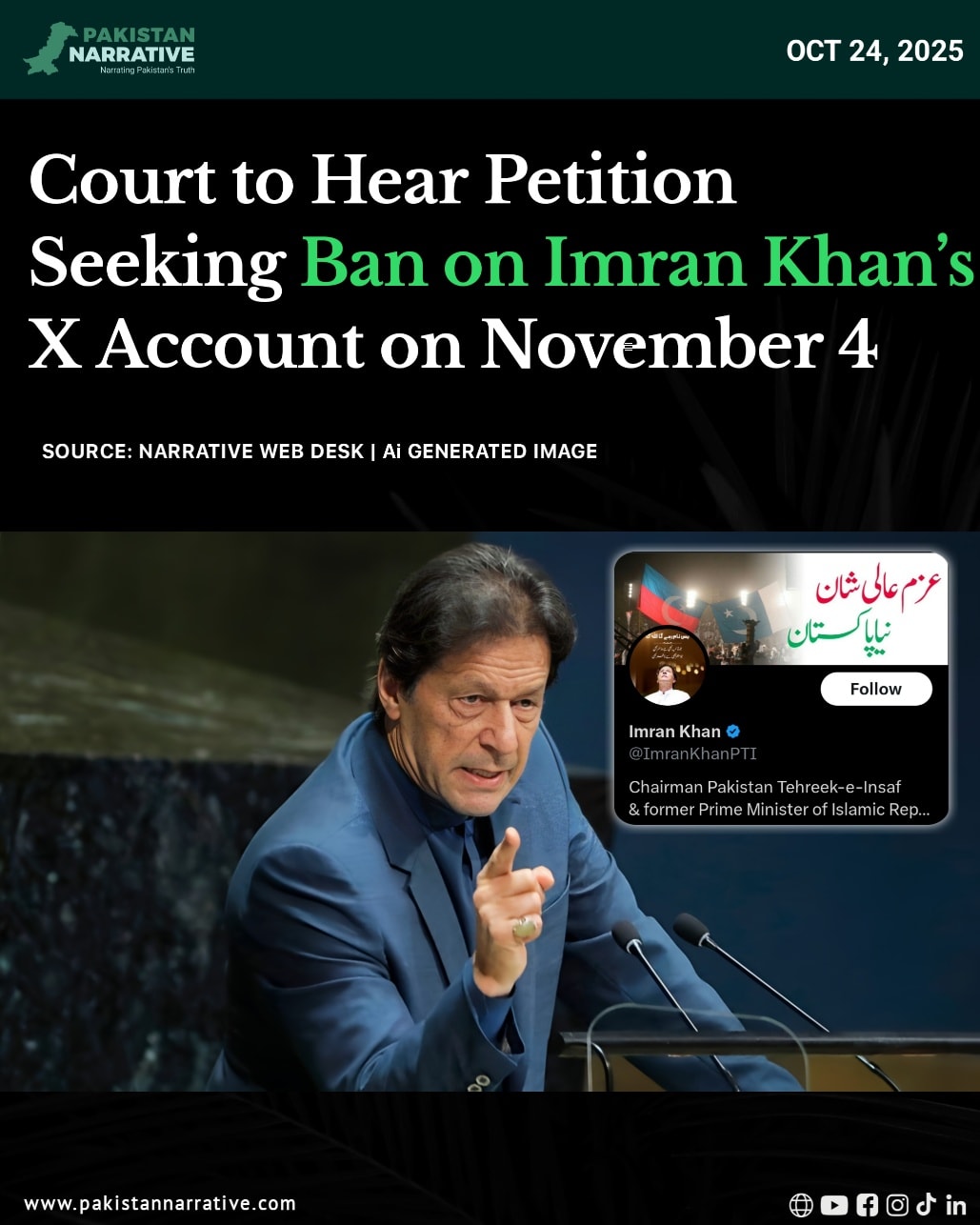Massive dissatisfaction with the political system in the scenic valleys of Azad Jammu and Kashmir (AJK) led to the emergence of a socio-political movement that has grown in popularity and raised political consciousness in the area. The Joint Awami Action Committee (JAAC) was established as a representative body to advocate for equitable energy and wheat subsidies and to address pressing financial management issues that the public faces as a result of growing costs and poor administration.
Recently, several factions within the movement have chosen to retract their support. The movement’s initial reformist objectives have been undermined by several subgroups that have emerged and continue to deploy narratives that uphold Pakistan’s sovereignty while asserting that the government has consistently backed the Kashmiri cause. This tactic is used by a small number of people who have stifled the movement that was first created by stakeholders who put the needs of the public first.
Pakistan’s constitutional structure had already been in effect when the JAAC was founded. Azad Jammu and Kashmir has the right to demonstrate, call for transparency, and voice discontent with its governance because Pakistan’s democratic system represents the wishes of its people. On the other hand, in Indian Illegally Occupied Jammu and Kashmir (IIOJK), the Indian military conducts a campaign of harsh repression. Transparency and accountability are given top priority in the structure that governs AJK’s legislative, court, and media.
The Pakistani federal government made many changes, but the JAAC did not ask for any more concessions. Islamabad is committed to implementing a 23-billion relief and development program for the fiscal year 2024-2025, providing food aid, lowering electricity costs by 50%, and conducting an administrative assessment of the energy and tax sectors. The actions highlighted earlier demonstrate that Pakistan values AJK’s well-being over considering it a liability.
According to the JAAC, Pakistan needs a great deal of internal autonomy, and its institutions are vulnerable to outside influences. These claims are occasionally constrained by social conventions, but history consistently shows that both these legal requirements and these assumptions are false.
Established in 1947, Azad Jammu and Kashmir (AJK) has functioned as a Pakistani autonomous province since the 1974 Interim Constitution Act. The three facets of AJK sovereignty financial, diplomatic, and military remain under Pakistani authority and might have a big impact on the larger conflict over Jammu and Kashmir. The AJK government is still in charge of running the legislative, local, and legal systems.
According to the constitution, states are not allowed to use coercion to force people to do anything. It is anticipated that Kashmiris will stick together if the issue is resolved in accordance with upcoming UN Security Council decisions. Azad Kashmir’s administrative center, Muzaffarabad, is an essential component of a more comprehensive, unified political entity. This assertion is supported by the AJK Assembly’s decision to give twelve seats to refugees living in the Valley and India-controlled Jammu and Kashmir.
Unfortunately, the idea of full independence or its variations runs against to the fundamental tenets of the AJK constitution and is consistent with the ideology of organizations backed by India that seek to erode Kashmiri identity.
Whether separatist organizations, particularly the Jammu and Kashmir Liberation Front (JKLF), can achieve the goals of the Jammu Autonomous Authority Committee’s (JAAC) demands is the main question. Symbols of foreign occupation and external regulations are inextricably linked to a historical narrative that challenges Pakistan’s diplomatic and moral stance on Kashmir.
Due to their potential to create cultural displacement, claims of foreign interest made by non-AJK activists through social media advocacy campaigns should be carefully considered. The covert goal of Operation AJK is to undermine Pakistan’s sovereignty and international standing.
The myths and illusions of modern society mask the real struggles faced by people who prioritize economic justice over individual freedom, such farmers, traders, and teachers. By exposing its actual goals, this debate seeks to reduce public support for the cause.
When formulating policy, it is crucial to distinguish between Azad Jammu and Kashmir and the Indian-governed territory. The possibility of regional autonomy has been weakened by India’s hurried repeal of Articles 370 and 35A. In addition, since 1989, there have been 100,000 recorded deaths, 8,000 enforced disappearances, and over 11,000 documented cases of sexual assault. These numbers are troubling enough given that there are more than half a million soldiers in the area.
Azar Jammu and Kashmir might be seen as a favorable area for promoting media variety, judicial autonomy, freedom of expression, and effective local administration given Pakistan’s federal system. Even if these actions aren’t very showy, there are clear signs that Pakistan would continuously protect the Kashmiri people’s rights to dignity and self-determination.
Even if the majority of the population has always held genuine Pakistani citizenship, the Pakistani state has an obligation that goes beyond simple goodwill to consistently respond to the justifiable claims of the AJK nationals. This is no time for decorum. The moral integrity of their mission must be upheld by the JAAC officials. Although reform is a noble goal, it must be pursued via cooperation, agreement, and communication rather than conflict or divisive speech.
Pakistan has always given priority to the views of the AJK people, but these views are only considered important provided they coincide with and do not contradict those of the rest of the country. Because of the partnership between Pakistan and Azad Kashmir, which is based on the fundamental and unifying idea that every Kashmiri has the right to self-determination, Kashmir has been under international scrutiny for many years.
Neither political blunders nor strong public opinion should threaten or undermine this unity. The JAAC must continue to be a grassroots organization based on reform rather than rebellion and collaboration rather than conflict. Thus far, the joint endeavor between Pakistan and the people of Kashmir has shown to be extremely valuable for Azad Kashmir’s future and the unity of the Kashmiri movement.
About Author
Saba Kiran is an MS graduate of the Department of Aerospace and Strategic Studies at Air University, Islamabad. She has a background in political science and takes an academic interest in ethnopolitical conflicts, national security, strategic stability, and social conflict analysis.





